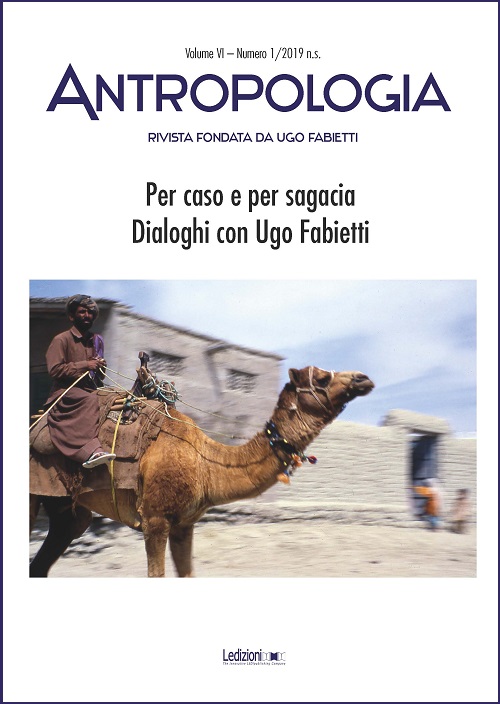Communicative acting as unstable cooperation: balance and tension between de(i)stitutions and re(i)stitutions
DOI:
https://doi.org/10.14672/ada2019152331-47Keywords:
Communication, Balance, Tension, Destitution, RestitutionAbstract
Speech, at the heart of communicative acting, perpetually goes "adrift," to use a metaphor from Edward Sapir, moved by the socio-historical and ideological "currents" that underlie those "drifts." At a more analytical level, communicative acting is inherently and necessarily an unstable co-operation, governed by the control that each speaker exerts over his own and others' "face" through a subtle and skillful use of de(i)stitutions and re(i)stitutions of form and content, in a constant and inescapable balance/tension. To illustrate some aspects of this perspective, the author uses examples of communicative micro-actions that unite and contrast two indigenous "characters and performers" from southern Mexico (huave): an elderly flute player and a young schoolmaster. Through these examples, it emerges how evaluations of "innovation" or "continuity" (which are in any case based on chronological parameters), potentially applied to any observable phenomenon, such as communicative acting, require a background of local paradigms of reference, which do not naively assume our "chronologically" ordered perspectives (e.g.: bicycles existed before airplanes, while for a huave elder the perception is reversed).
Downloads
Published
Issue
Section
License
Copyright (c) 2019 Antropologia

This work is licensed under a Creative Commons Attribution 4.0 International License.
Authors maintain the copyright of their original work and grant the Journal the right to first publication, licensed after 36 months under a Creative Commons Licence – Attribution, which allows others to share the work by indicating the authorship and first publication in this journal.
Authors may agree to other non-exclusive licence agreements for the distribution of versions of their published work (for example in institutional archives or monographs) under the condition that they indicate that their work was first published in this journal.



